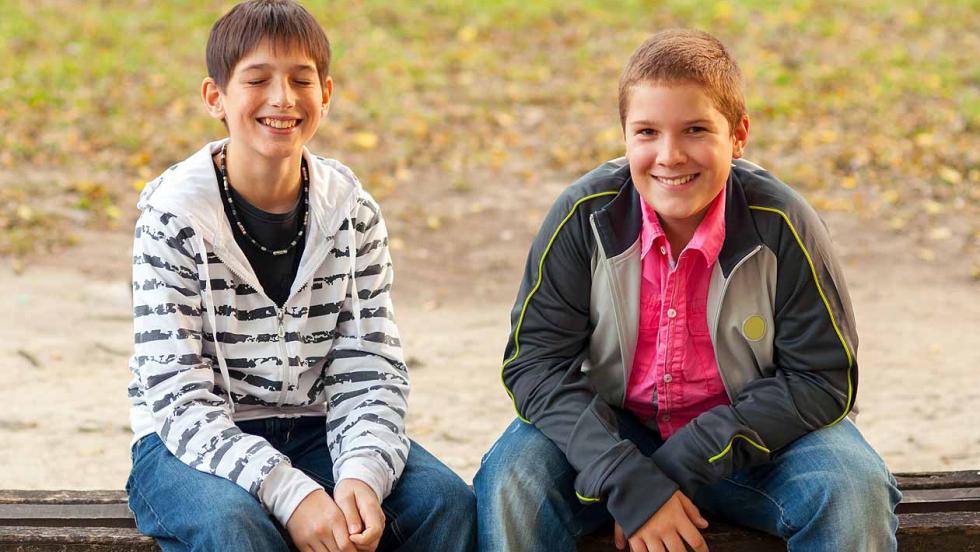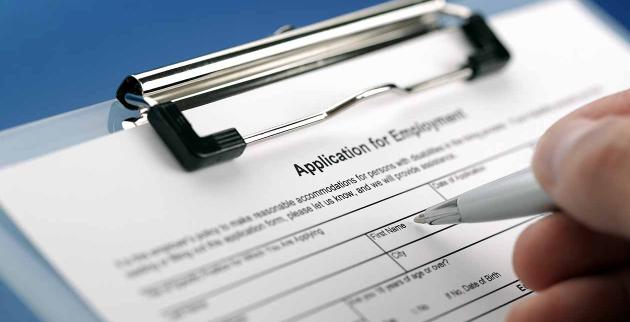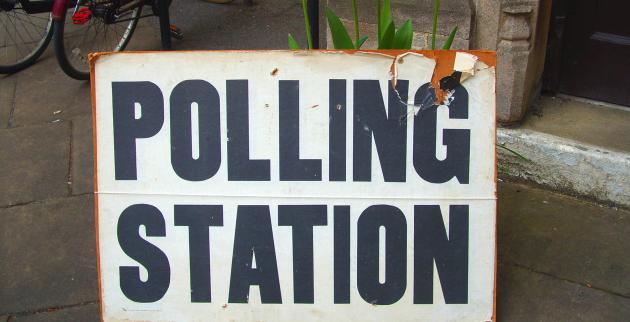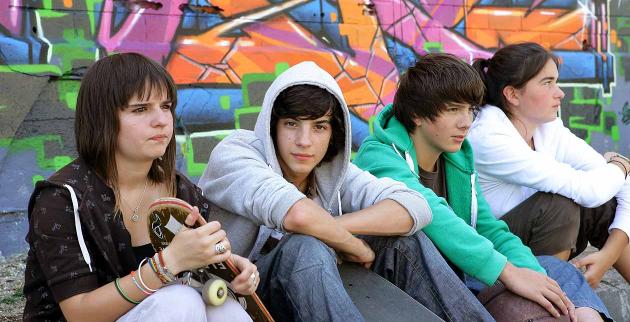Your Rights at Different Ages

The information on this page is for all young people in Oxfordshire, in the UK.
Your rights at different ages:
At age 10
- You can have your ears pierced, but your parent may have to be with you.
- You can choose your own religion.
- You can be convicted of a criminal offence.
- You can be convicted of a sexual offence - including rape, if you are a boy. Girls can be prosecuted too, under other laws.
Take action: Learn about consent, and the different kinds of support available to help young people stay out of trouble.
At 11
- You can open a current account (bank account) but you will need your parent's permission
- Most children (not all!) will move into secondary school
At 12
- You can watch a 12 or 12A film or play a 12 computer game.
- You can be remanded into a secure unit or secure training facility for persistent offending.
- You can be placed on an electronically monitored curfew while you're awaiting a court decision.
Take action: Learn about the risks to young people like gangs and Child Sexual Exploitation.
At 13
- You can have a part-time job, with some restrictions.
- You can have an account on a social networking site like Facebook or Twitter.
Take action: Learn the rules for working legally when you're a teen and get clued up on cyberbullying and online safety.
At 14
- You can enter a pub if the landlord allows it, but you can't buy or drink alcohol, only soft drinks.
- You can be fined for not fastening your seatbelt while in a moving car.
- You can go to gigs and concerts in licensed venues if the venue allows (look for 14+ gigs)
Take action: Learn about independent travel, outdoor safety and personal safety.
At 15
- You may be remanded to a prison to await trial.
- If you are convicted of a criminal offence you can be fined and sentenced to prison time.
- You can rent and buy a 15 category film.
At 16
- You can work full time if you have left school, have a National Insurance number and the job has accredited training.
- You can give consent and have sex.
- You can be prosecuted for having sex with someone who is under 16.
- You can apply for your own passport with a parent’s consent.
- You can change your name.
- You can be prosecuted for neglecting a child in your care.
- Apply for a PASS (proof of age) card.
Take action: Find out about sex, sexual health and contraception as well as apprenticeships and safety when job-seeking.
At 17
- You can hold a driver’s licence and apply for a motorcycle licence.
- You can be interviewed by the police without an appropriate adult being present.
- A care order can no longer be made on you.
- You can register to vote. (But you can't vote until you're 18)
Take Action: Find out about getting a job and higher education.
At 18
- You are the age of majority (i.e. you’re an adult!)
- You can have a tattoo or body piercing.
- You can watch an 18 film, play an 18 computer game.
- National minimum wage entitlement increases.
- You can vote and be called for jury service.
- You can buy and drink alcohol in a bar.
- You can get married, enter a civil partnership or live together without parental consent.
- You can stand as an MP or a local Councillor.
Take Action: Exercise your right to vote. Learn about alcohol and safer drinking and learn about staying healthy and happy.
At 19
- You are no longer classed as a child which means you will now use adult services unless you have learning difficulties or disabilities.
- You are no longer entitled to free full-time education at school.
Take action: If you're not moving out, learn about avoiding parent trouble, and if you are leaving home, know how to avoid becoming homeless.
At 20
- When young parents are over 20 at the start of their course they are no longer eligible for Care to Learn.
- You are no longer able to access most services for young people unless special circumstances apply, for example you have learning difficulties or disabilities or are in care.
Take action: Learn about support available for young people with learning difficulties and disabilities, young parents or looked after young people (care).
At 21
- You can drive certain kinds of larger vehicles, like lorries or buses (with the appropriate license).
- You are now entitled to full national minimum wage.
- You can apply to adopt a child (there is no upper age limit).
- You can get certain types of jobs, e.g. become a driving instructor.
- You can apply for a license to fly commercial transport aeroplanes, helicopters, gyroplanes and airships.
- You can go into 21+ venues (some pubs, clubs and bars).
Take Action: Learn about how finding a job can be different from building a career - and why you need to be able to do both.
At 22
- Support ends for young people who have been in Local Authority Care (Care Leavers) unless they are going into Higher Education.
Take Action: Find out more about Education for Children in Care.
At 23
- You are entitled to the National Living Wage (if you are not in the first year of an apprenticeship).
At 25
- Some benefit entitlements change.
- Support ends for young people who have been in Local Authority Care who went on into Higher Education.
- Young people with learning difficulties and disabilities no longer get support from young people's services.
Crucial: You might well be asked to prove how old you are for some of these things. You can prove your age with a passport, driving license, or Proof of Age Card.


